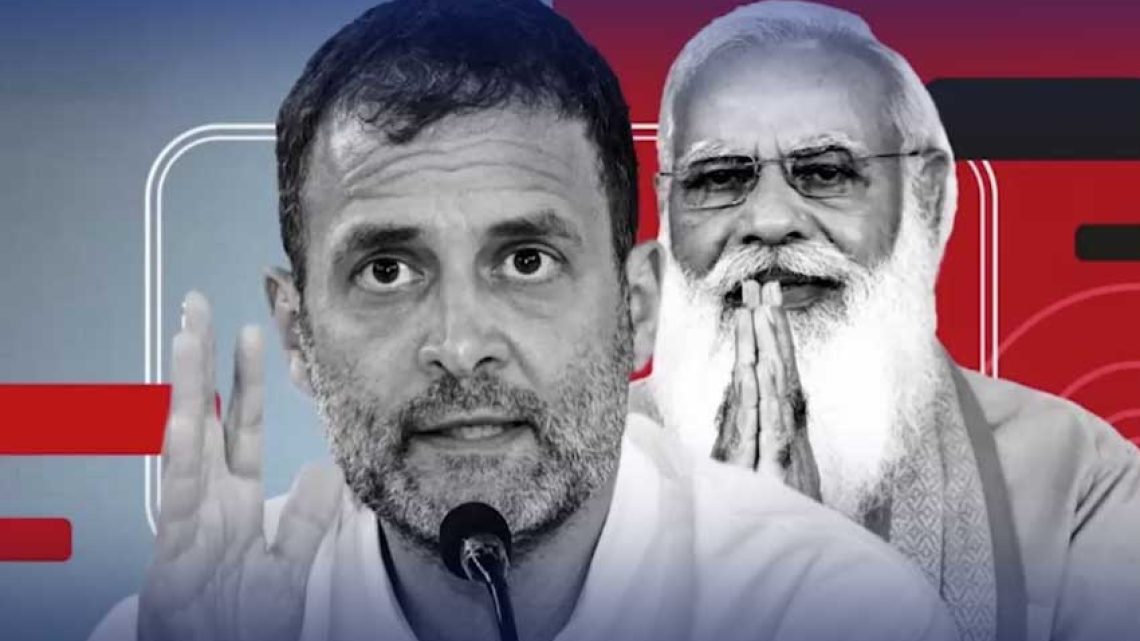
Congress Criticizes Modi Government’s Agnipath Scheme as Political Maneuvering
April 18, 2024The BJP-led Modi government’s Agnipath scheme, ostensibly aimed at bolstering the armed forces, has come under intense scrutiny from Congress leader Rahul Gandhi. Characterizing it as a thinly veiled attempt to manipulate India’s military for political ends, Gandhi has voiced vehement opposition to the initiative.
In Gandhi’s view, the Agnipath scheme represents not a genuine show of support for the Indian Army but rather a shrewd strategy by the Modi administration. He has expressed concern that rather than uplifting and empowering the armed forces, the scheme serves as a means to further the political agenda of the ruling party.
Central to Gandhi’s critique is the assertion that the Agnipath scheme undermines the aspirations of brave young individuals who aspire to serve and safeguard their nation. By politicizing the military recruitment process, Gandhi contends, the Modi government is not only diminishing the sanctity of the armed forces but also jeopardizing national security.
Gandhi’s opposition has resonated within the ranks of the Congress party, with other leaders reverberating his sentiments and vehemently opposing the Agnipath scheme. They have pledged to dismantle the initiative and prioritize the comprehensive economic and social welfare of the armed forces once Congress assumes power.
Moreover, Gandhi has revealed troubling allegations regarding the misallocation of funds designated for soldiers’ pensions. He alleges that these funds are being diverted to benefit Adani Defense, a revelation that has sparked widespread outrage among critics. Highlighting the Adani Group’s purported collaboration with American and Israeli companies under the guise of the Agnipath scheme, Gandhi has raised serious concerns about financial transparency and accountability within the government.
The implications of Gandhi’s critique extend beyond mere political rivalry, touching upon fundamental principles of governance, transparency, and national security. By exposing the potential misuse of resources and politicization of the armed forces, Gandhi has called into question the integrity of the Modi government’s policies.
In response to these allegations, supporters of the Agnipath scheme have defended it as a necessary measure to modernize and strengthen India’s defense capabilities. They argue that strategic partnerships with private entities such as the Adani Group are essential for technological innovation and efficiency in the defense sector.
However, Gandhi’s accusations have reignited debates surrounding government accountability and the need for greater oversight in defense procurement and spending. As the political landscape continues to evolve, the scrutiny surrounding the Agnipath scheme underscores the importance of ensuring that initiatives aimed at national security are conducted with utmost transparency and integrity.
To conclude, Rahul Gandhi’s criticism of the BJP-led Modi government’s Agnipath scheme reflects broader concerns about the politicization of India’s armed forces and the misuse of resources. As the debate unfolds, it is imperative for policymakers to address these concerns and uphold the principles of accountability and transparency in defense governance.

